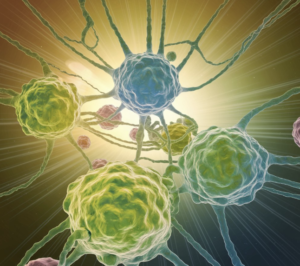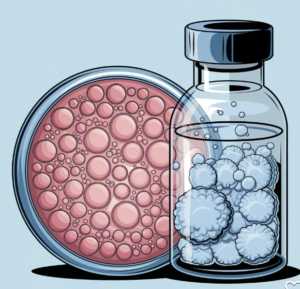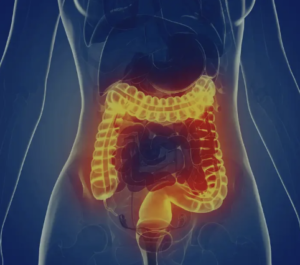
Mesenchymal stem cells for the treatment of multiple sclerosis and other neurological diseases
The rationale for use of adult stem cells as a

The rationale for use of adult stem cells as a

Results
of enrolled studies demonstrated that patients with COVID-19

Systemic rheumatic diseases, such as rheumatoid arthritis, systemic lupus erythematosus,

Results showed that stem-cell transplantation is an effective therapy

Stem cell transplantation (SCT) has paved the way for treatment

Because of their ease of procurement and differentiation into a

This study in Science Direct reviews how different types of

In recent years, mesenchymal stem cells (MSCs)-based therapy has emerged

EBV-specific adoptive T cell therapy was well tolerated. Clinical improvement

Study showed that stem cell group had a higher rate

Registration
required to read the full study

This study published in PLOS ONE evaluates the safety and

People with lupus know there’s no cure for their condition.

Human leukocyte antigen-G (HLA-G) is a pivotal protein involved

Introduction: Cannabinoids such as ▵-9-THC and CBD can downregulate the

Rheumatoid arthritis (RA) is a systemic autoimmune disease characterized by

The RHA.org Your Trusted Guide to Regenerative Health
Info@therha.com
© 2025 All Rights Reserved.